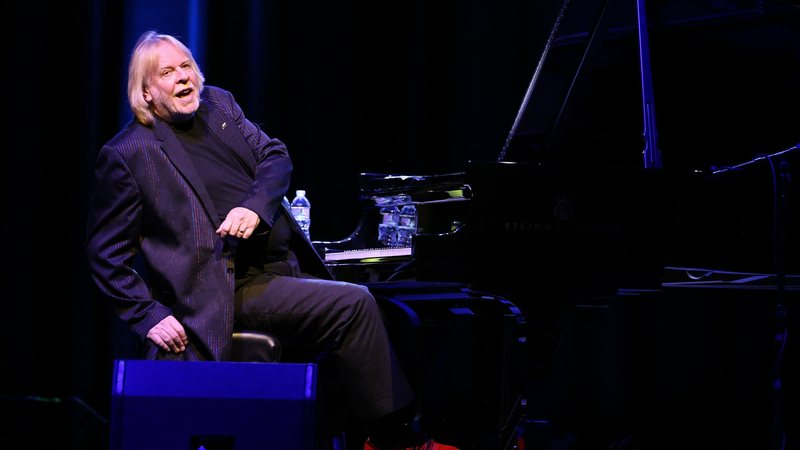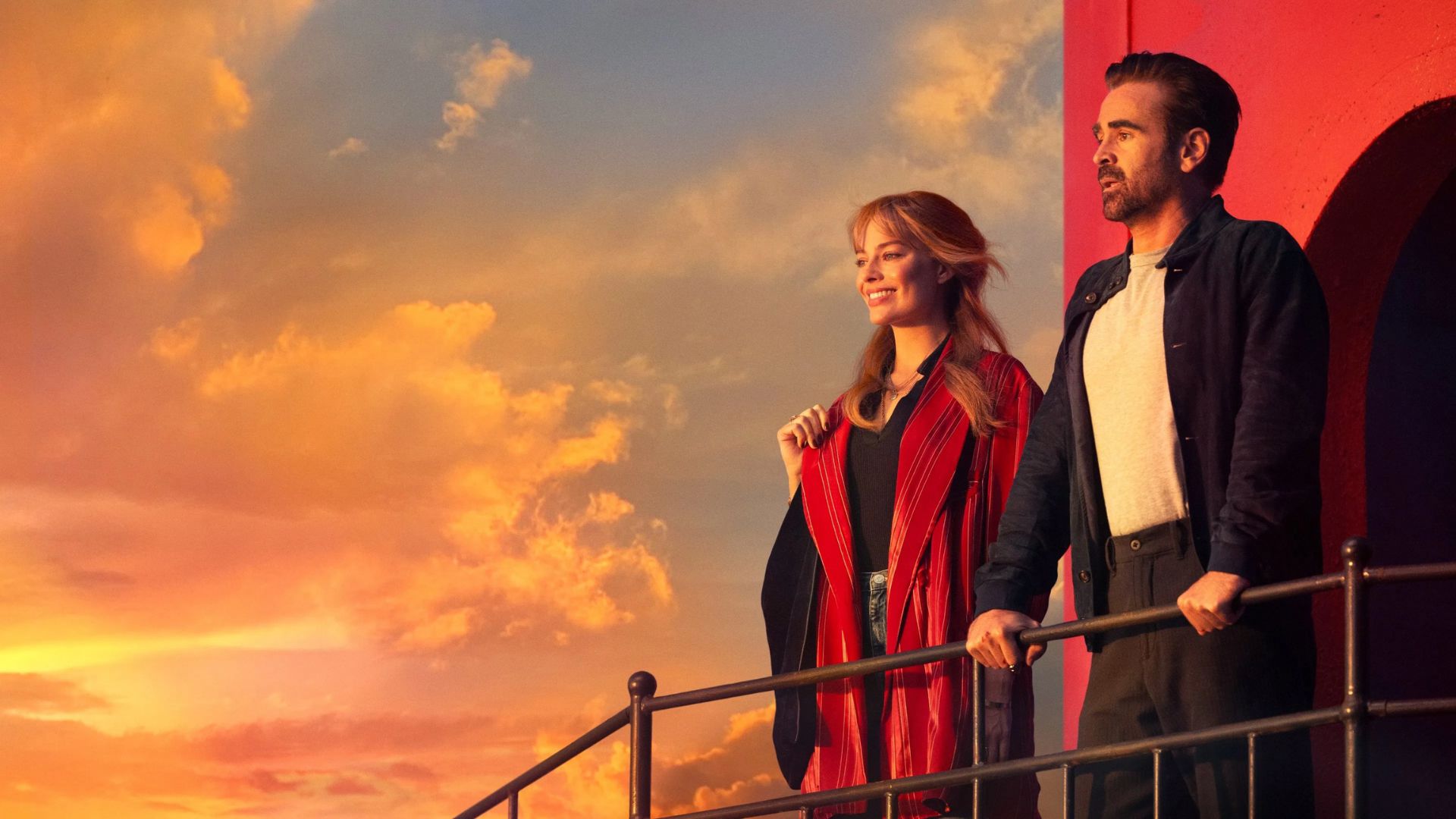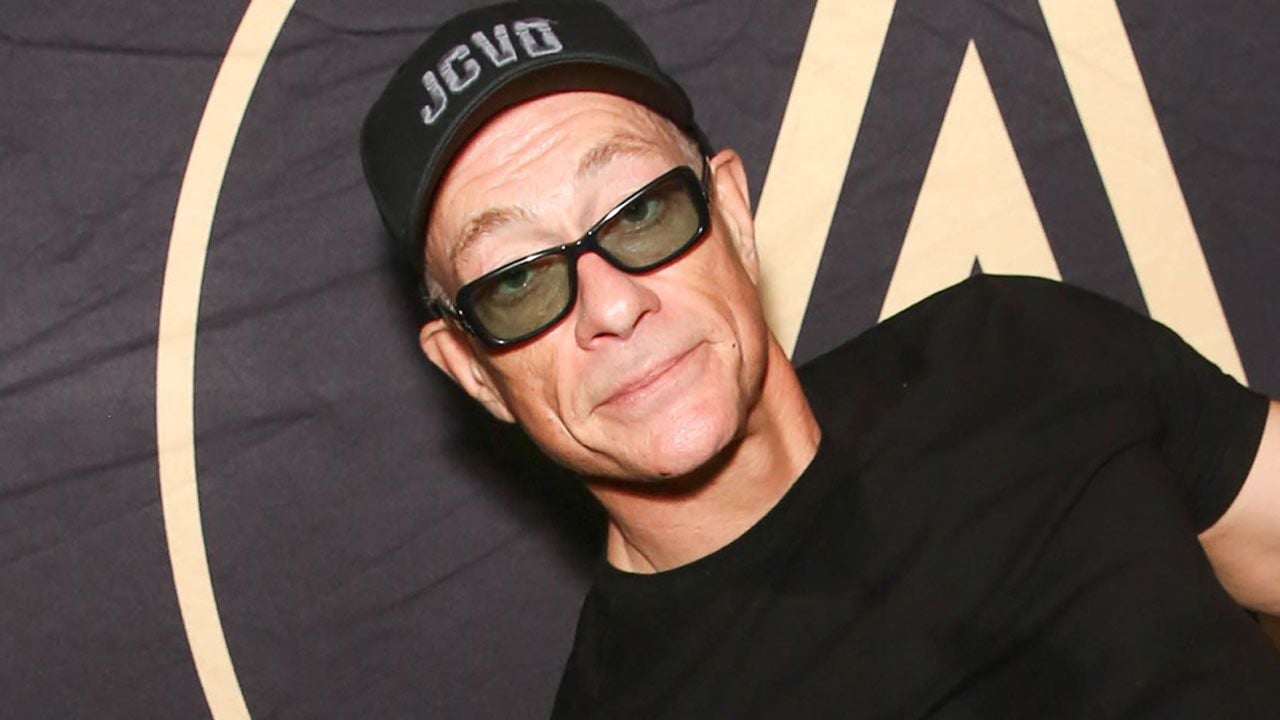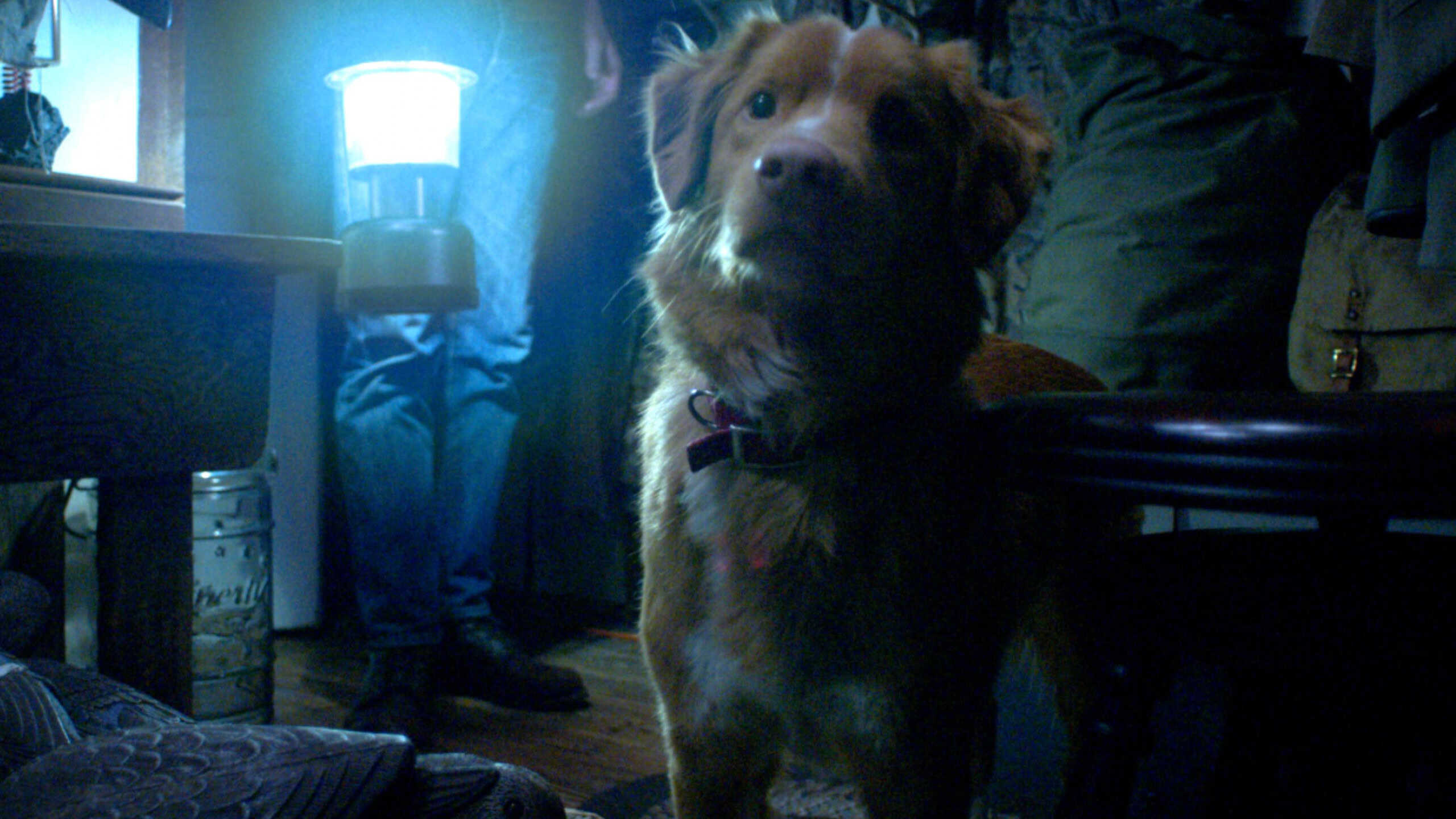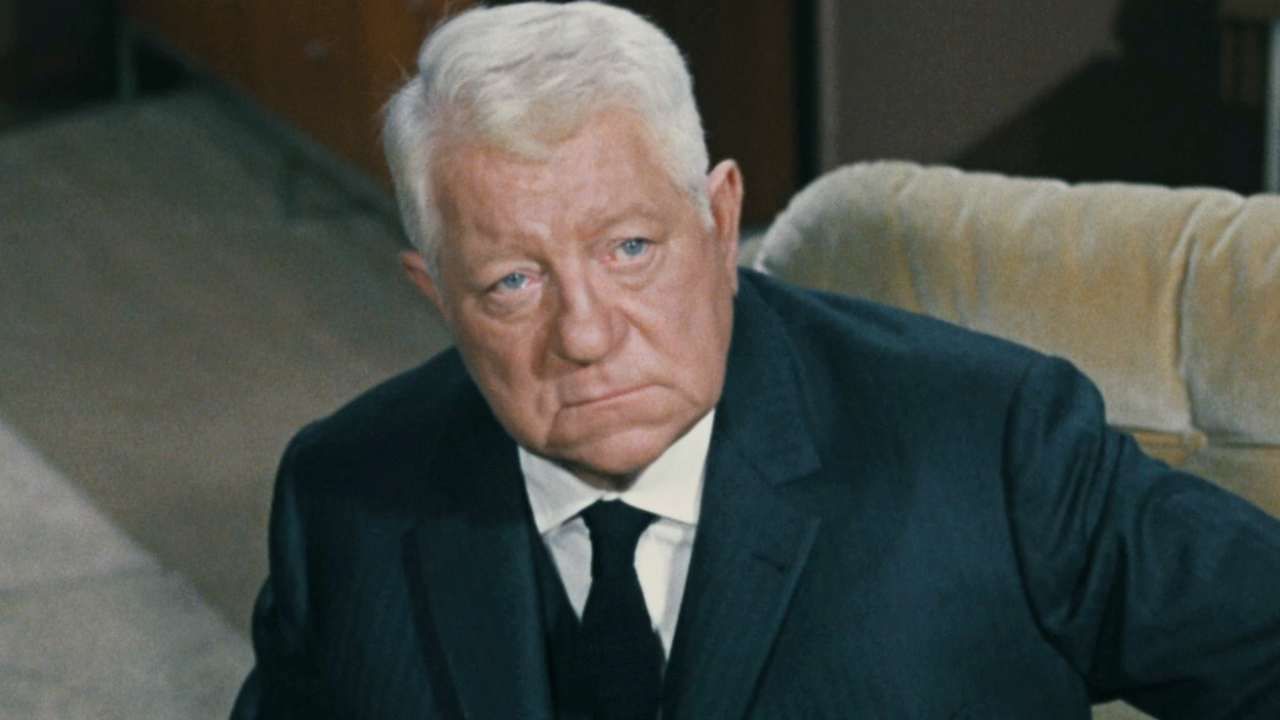Yes keyboardist, who also worked with several other music icons, believes that the scene has lost its “sense of community”
The music industry is going through a curious moment. Never has there been so much money from shows — and so little from recorded music. Although, Rick Wakeman believes he has a relatively simple solution to save this part of the scene that generates so many complaints from artists.
The keyboardist and pianist, notorious for his years of involvement with the Yesexplained in an interview with Rick Beato (via Loudwire) that the world of music no longer has something that it considers fundamental for selling products: the sense of a community experience. For him, the current focus is on selling physical material (CDs, LPs, etc.) and digital material (paid download or streaming) via the internet.
Wakeman acknowledges that, in the short term, the idea seemed good. After all, businesspeople could maximize profits by laying off part of the related labor. However, it had a negative effect by causing public disinterest. And it all happened because, in his view, current executives differ from the old ones by simply not being interested in music.
“That [a falta de senso de comunidade no consumo de música] took away the big record stores. Until 20 or 30 years ago, you went into a record store [para ver] thousands of records. You’d be walking past them, trying to find something, and someone next to you would say, ‘Oh, did you hear about the new album? Jethro Tull?’. People were talking. You would go back to your friends and talk about the great music you had found. It was passed from person to person. But they took it away.”
Rick was categorical in stating that “there is no more interaction between people who buy records”. The 75-year-old artist adds:
“What do you do when you go online? You buy what you were looking for. But if you walk into a record store, I guarantee you’ll walk out with what you’re looking for and something else too — but they took that away.”
Rick Wakeman’s suggestions
Enthusiastic, Rick Wakeman recalled several situations from the past and proposed resuming them, in an updated version, for the present moment. In his view, all of this would help to encourage the consumption of recorded music, “saving” the recording industry in particular.
“In a store, you have vinyls and CDs, both new and old. You could make trades. And if you want to do a download, then you could have areas with computers. And also — please, God — bring back those booths where you could listen to the songs before you buy. Put in a whole coffee shop area where people sit with other people they don’t know.”
The idea, of course, is to resume the interaction process. The keyboardist concludes:
“That’s what music is about. I don’t think it would be that difficult to do that. You just need a few record companies who would say, ‘I can see that.’ This would help bring back different ways of having music, because, at the moment, the music industry only thinks about streaming. I think the industry right now is not a music industry — but it’s not too late to bring it back.”
Rick Wakeman came to Brazil for the last time, in April this year, for a series of four shows in São Paulo, Brasília, Curitiba and Porto Alegre. The performances were part of his farewell tour from the stage. The progressive rock icon, who also worked with David Bowie, Black Sabbath, Lou Reed, Elton John, T. Rex and cat stevensamong others, admits (via Igor Miranda website) who intended to retire from long tours at the age of 77, but had to bring his plans forward.
The Story Behind David Bowie’s ‘Life on Mars’
Source: Rollingstone
Earl Johnson is a music writer at Gossipify, known for his in-depth analysis and unique perspective on the industry. A graduate of USC with a degree in Music, he brings years of experience and passion to his writing. He covers the latest releases and trends, always on the lookout for the next big thing in music.

